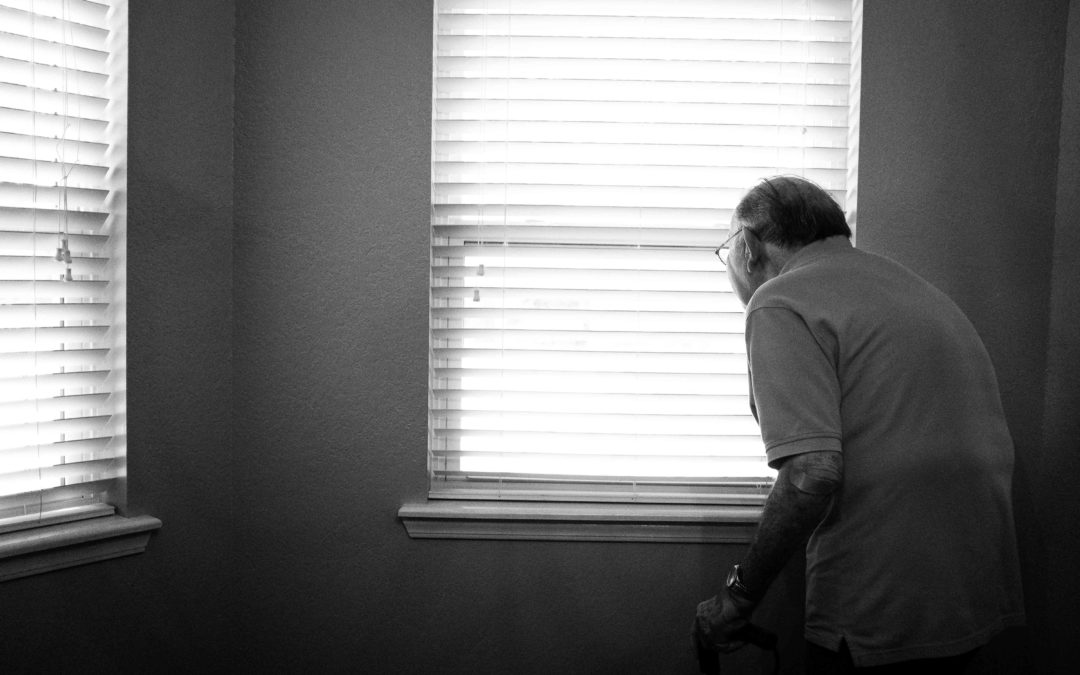There is increasing excitement of late about the potential of peer to peer energy trading. In simple terms, peer to peer trading is the ability for a person to sell the excess electricity they generate to another person or organisation, as opposed to only being allowed to sell your electricity to your utility. But what if we could place a social lens on peer to peer energy trading? What if we had the ability to donate excess energy to a worthy cause?
In Australia, with over 1 in 5 households having rooftop solar, and a recent poll showing 68% of customers with rooftop solar considering battery storage, this concept has a LOT of potential.
It is a concept that I believe would help accelerate adoption of peer to peer energy trading, and put pressure on regulators to find a way to support it.
Rather than selling excess energy to your Utility, would you consider donating it to an elderly couple struggling to pay their energy bills? Alternatively, would you give your excess power to the local school so they can spend their money on facilities for your kids, and not just ‘pay their bills’.
It is one of those amazingly simple ideas. One that I wish I had thought of, unfortunately, I hadn’t. I was attending the Victorian electricity network future forum: household network pricing event last week where someone flagged this as a likely future scenario.
Ironically, just a day before I had heard of this concept I was presenting at the IoT summit, talking about schools, churches, community centres, sports clubs becoming mini-generators and having the local community buy electricity from them instead of the retailers. That approach is one I believe strongly about, and again is all facilitated by the introduction of peer to peer energy policy and technology. Both concepts have the same goal. To leverage distributed generation and storage to help improve the lives of the communities in which we live.
Think about having an ability to help vulnerable families, local community groups, sports clubs, churches, schools. Any group or individual that you have a personal interest in supporting.
If I sell excess energy to my Utility, I may save a few dollars on my next energy bill. If a bunch of us donate that excess energy to someone in need, it could change their lives.
Shouldn’t we be pushing the regulators to find a way that allows us to help others less fortunate than ourselves?
.
.
How well are you using energy data to increase customer value and grow your business? Complete this free and anonymous online diagnostic to find out www.digitalutilityscorecard.com.
.
Look out for my latest book ‘The Digital Utility’, to be published December 2017
.
